Let’s be honest: if you’re building a website, you’ve probably asked, “Is WordPress good for SEO?” The short answer is yes—and there’s data to back it up. WordPress powers over 40% of all websites globally, and for good reason. It’s a flexible, user-friendly platform that gives you the tools to rank well if you use them wisely.
But popularity alone doesn’t guarantee SEO success. Let’s break down why WordPress works for SEO and how you can make it work for you—no hype, just practical insights.
Why WordPress Plays Nice with Search Engines
WordPress isn’t magic, but it gives you a strong head start:
- Built for Humans (and Crawlers)
- Clean Permalinks: Create readable URLs like
yoursite.com/eco-friendly-coffee-mugs(keyword-friendly!). - Easy Title & Heading Control: Optimize page titles (what shows in Google) and headings (H1, H2) without coding.
- Image Alt Text: Add descriptions for accessibility and SEO—help Google “see” your visuals.
- Clean Permalinks: Create readable URLs like
- Plugins: Your SEO Sidekicks
Tools like Yoast SEO, Rank Math, or All in One SEO Pack simplify complex tasks:- Generate XML sitemaps (a roadmap for Google).
- Analyze content readability + keyword usage.
- Fix broken links, manage redirects, and add schema markup.
- Themes Matter More Than You Think
A lightweight, mobile-responsive theme isn’t just pretty—it loads fast. Speed is a ranking factor, and 53% of users abandon sites taking over 3 seconds to load. - Community = Lifeline
Stuck? Millions of users and developers share fixes, updates, and best practices daily.
Where WordPress Needs Your Help
WordPress gives you the framework, but you control the outcome:
- Content is still king: Great articles beat keyword stuffing every time.
- Plugins can backfire: Too many slow your site. Update them regularly to avoid security gaps.
- Hosting impacts everything: Cheap hosting = slow speeds. Invest wisely.
- SEO isn’t “set and forget”: Regular audits (checking speed, links, rankings) are essential.
5 Simple Steps to Boost Your WordPress SEO Today
- Pick a Lean Theme: Avoid bloated designs. Look for “SEO-optimized” in descriptions.
- Tweak Permalinks: Go to Settings > Permalinks and choose “Post Name.”
- Install ONE SEO Plugin: Yoast or Rank Math are great starters. Use their guides.
- Connect Google Tools: Use Search Console to track rankings and fix errors.
- Optimize Images: Compress files (try Smush Plugin) + write descriptive alt text.
WordPress vs. Alternatives? It Depends.
WordPress shines for blogs, content-heavy sites, and e-commerce (with WooCommerce). But if you’re a marketer focused purely on lead generation, platforms like Webflow (with integrated hosting and visual SEO tools) may save developer headaches.
The bottom line?
WordPress is powerful, flexible, and SEO-friendly—if you’re willing to learn, maintain, and optimize it. If you’re not, results will fall short.
Tired of Guessing Your SEO Strategy?
At Click Fanatic, we help businesses like yours turn WordPress sites into traffic engines. We don’t just tweak settings—we build holistic strategies:
- Technical SEO audits
- Content optimization
- Speed & security fixes
- Ongoing performance tracking
Stop leaving organic growth to chance. You built your site to be found—let’s make sure it is.
👉 Explore Click Fanatic’s SEO Services
FAQs About WordPress SEO
Q: Is WordPress really the best for SEO?
A: It’s one of the strongest options due to its flexibility, control, and tools. But “best” depends on your goals. Blogs and e-commerce? Ideal. Simple brochure sites? Other platforms may be easier.
Q: Do I need an SEO plugin?
A: Yes. While WordPress has basics (permalinks, headings), plugins like Yoast or Rank Math handle critical tasks like sitemaps, meta tags, and content analysis.
Q: Can WordPress sites load fast enough for SEO?
A: Absolutely. Use a lightweight theme, compress images, enable caching (try WP Rocket), and choose quality hosting.
Q: How often should I update WordPress/plugins?
A: As soon as updates are available. Outdated plugins are security risks and can break site functionality.
Q: What’s the #1 mistake in WordPress SEO?
A: Neglecting site speed and mobile optimization. Over 60% of searches happen on phones—if your site isn’t responsive, you’re invisible.
Q: Why hire an agency instead of DIY?
A: SEO is ongoing. Agencies like Click Fanatic save you time, avoid costly mistakes, and stay ahead of algorithm changes—freeing you to run your business.
Still have questions? Reach out to our team at Click Fanatic—we’re happy to help.


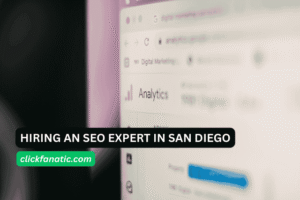
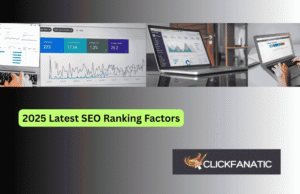

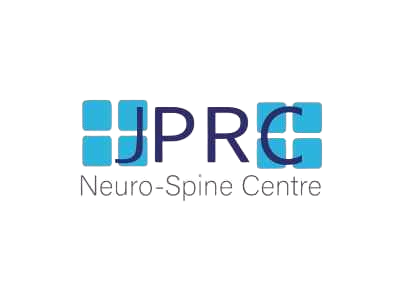

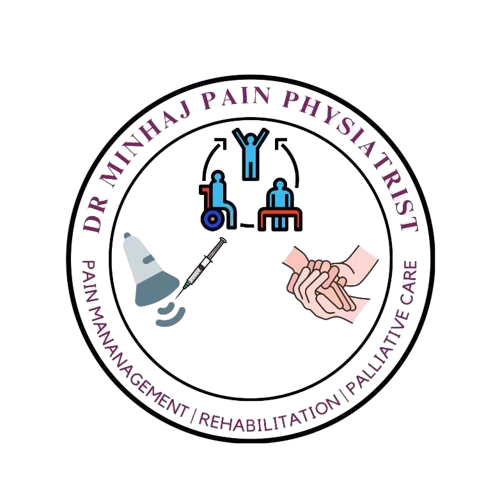

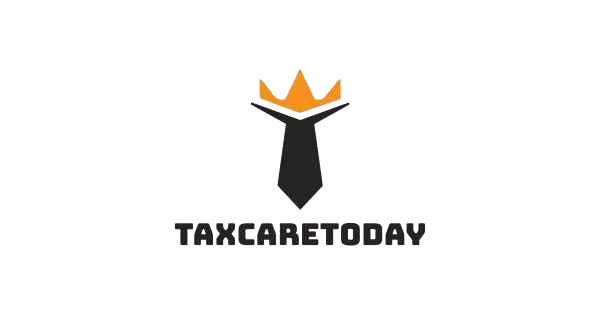


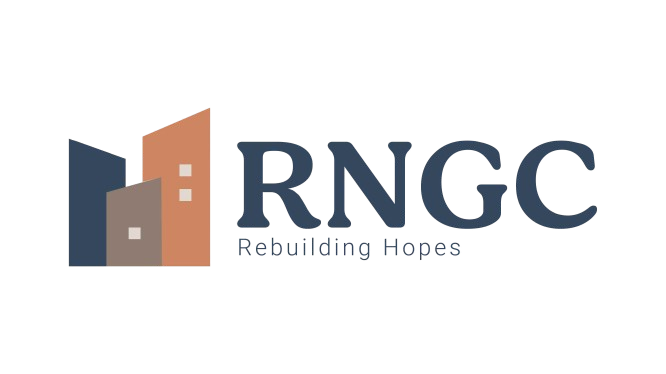






One Response